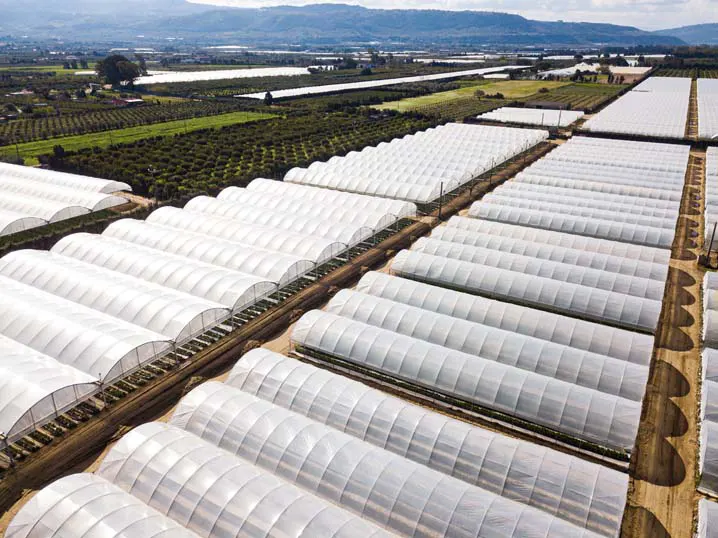
Sudan, the Philippines and Malawi made notable contributions to the Svalbard Global Seed Vault. (Image source: Adobe Stock)
More than 14,000 seed samples from 21 genebanks were deposited in the Svalbard Global Seed Vault last month
These samples included essential varieties of sorghum and pearl millet from Sudan’s crop genebank; a collection of velvet beans from Malawi; and critical food crops from a Philippine gene bank that is being destroyed by typhoons and fires. Brazil, the host of this year’s global climate negotiations, also deposited a major collection of more than 3,000 varieties of rice, beans and maize.
Following the deposit ceremony, the first-ever Svalbard International Dialogue brought together high-level government officials, crop experts and global thought leaders to discuss the challenge of safeguarding crop diversity amid increasing environmental pressures and escalating global conflicts.
Sudan’s contribution
Sudan made its sixth deposit of seed samples of 15 species, including many varieties of sorghum, a crop that is deeply tied to Sudanese cultural heritage, and is also a lifeline for food security in the country. With the help of the Emergency Reserve for Genebanks, hundreds of seed samples that were impacted during the civil war, were transported to NordGen to be sorted catalogued, packed and documented as part of the Sudanese deposit. These were then transported to the Svalbard Global Seed Vault.
The Philippines’ contribution
After several seed stocks were destroyed by natural extreme events like typhoons and fires, partners from the Philippines with support from the BOLD Project, visited Svalbard to deposit seeds of eggplant, rice bean, lima bean and sorghum.
Malawi’s contribution
Being another BOLD partner, Malawi deposited velvet beans, a crop that enables farmers to boost production and keep their soils healthy, while also offering important medicinal benefits. Velvet beans are a nitrogen-fixing legume that when used as a fertiliser can more than double maize yields. The species, which is also used in traditional medicine, boasts high levels of levodopa, a compound used to treat the symptoms of Parkinson's disease.
“This moment is a powerful reminder that securing our food future requires collective action,” said Stefan Schmitz, executive director of the Crop Trust. “Through our partnerships, including the BOLD project, we’ve worked with institutions around the world to safeguard vital crop diversity.” He further highlighted how the deposited seeds represented not only biodiversity, but also the knowledge, culture and resilience of the communities that steward them. “We must find a way to protect this crop diversity for generations to come,” Schmitz added.







